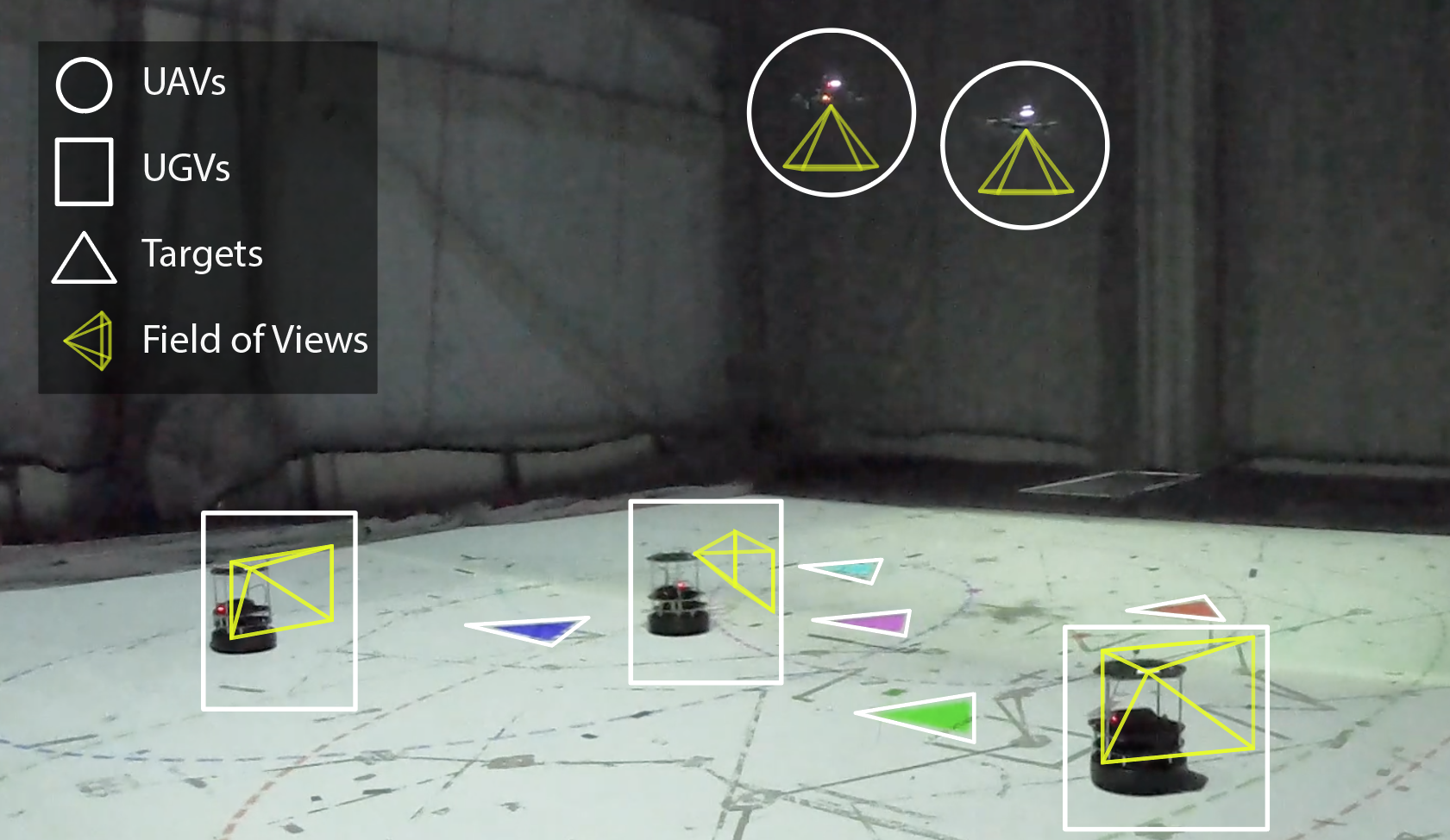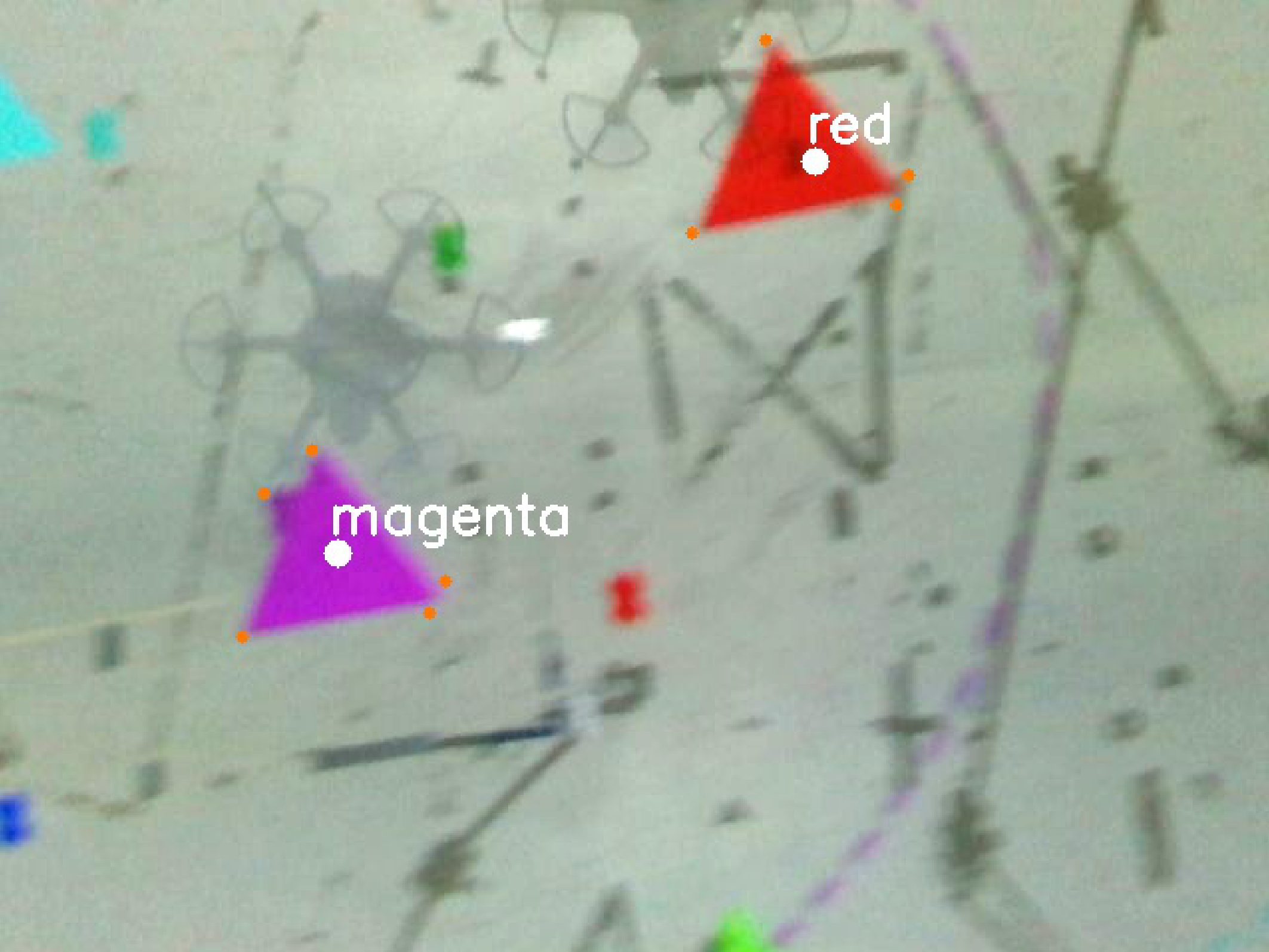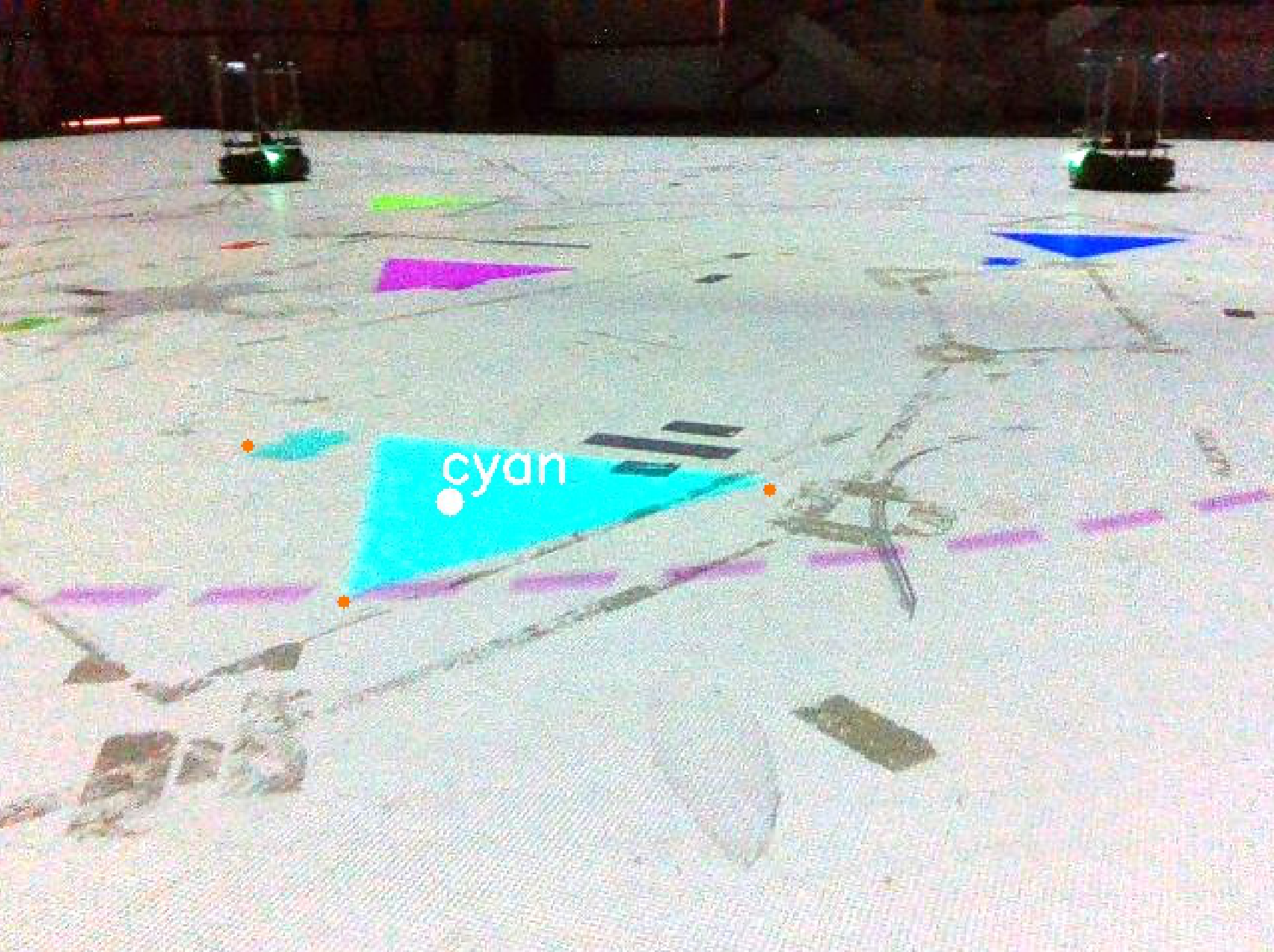This project considers the problem of safely coordinating a team of sensor-equipped robots to reduce uncertainty about a dynamical process such as moving targets, where the objective trades off information gain and energy cost. Optimizing this trade-off is desirable, but leads to a non-monotone objective function in the set of robot trajectories (i.e., having more information may lead to worse objective due to higher energy cost). In this setting, common multi-robot planners based on sequential planning lose their performance guarantees.
Our first work presented a distributed planner that uses local search with a worst-case performance guarantees for the non-monotone objective that trades off information and energy cost. The work was presented at ICRA 2021 and featured in MIT News.
As an extension to handle inter-robot collision avoidance, our second work proposed a hierarchical approach with the local search based distributed planner and a decentralized controller based on control barrier functions that ensures safety and encourages timely arrival at sensing locations. Via extensive simulations, hardware-in-the-loop tests and hardware experiments in our lab’s flight space, we demonstrate that the proposed approach achieves a better trade-off between sensing and energy cost than sequential planning based algorithms.
These are some images showing the hardware experiment setup and the onboard sensors of the robots.



A video describing the distributed infoplanner, made for ICRA 2021.
A video showing the hardware experiment setup.
This research is funded by Boeing.